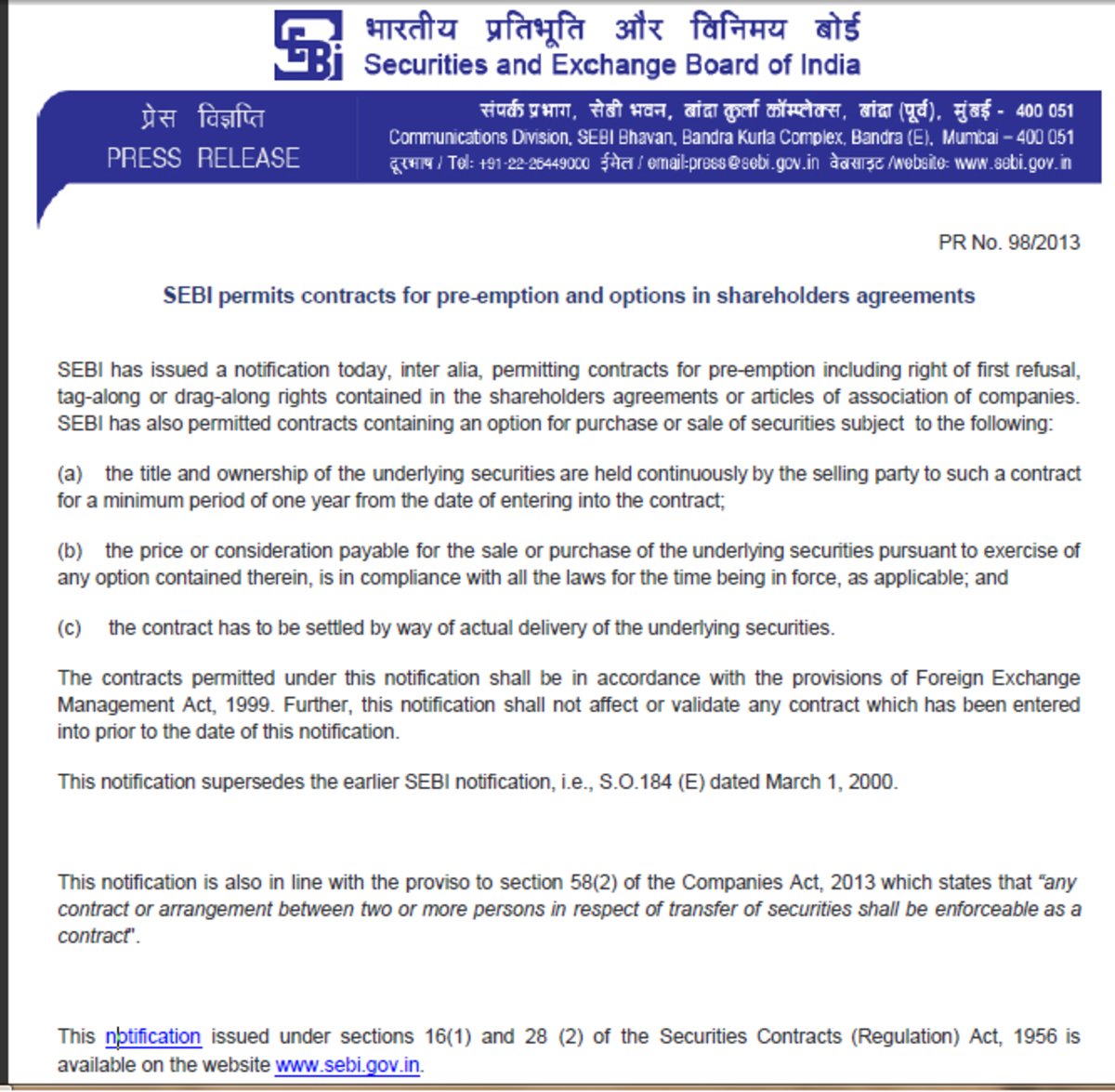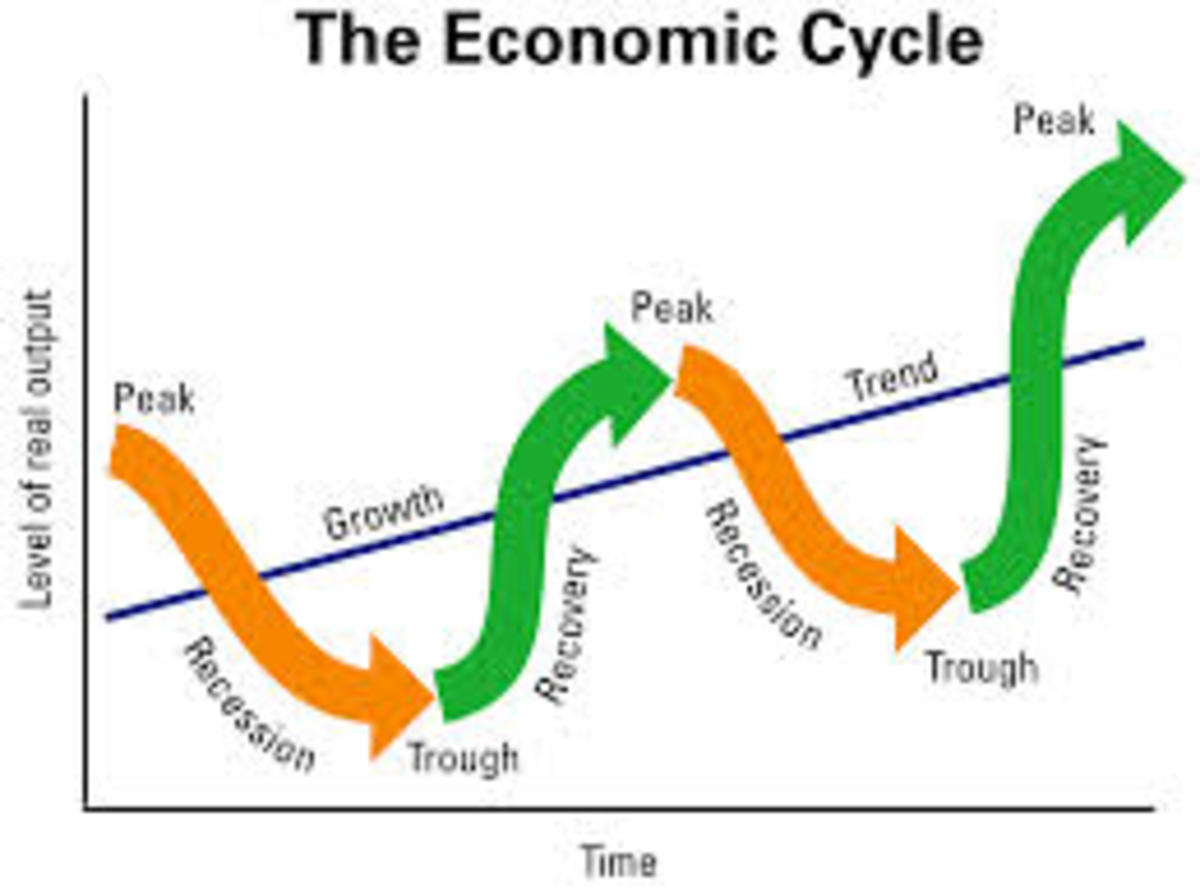How to accumulate wealth
The word "wealth", like the word "affluence", sounds sweet to the human ear. Everyone dreams of accumulating wealth. They dream of the security of having enough put away so they don't have to worry about job security or medical bills or their comfort in old age.
You don't need to earn a high salary to accumulate wealth - you just need to be careful and shrewd about how you manage what you have.
Here are the key steps to accumulating wealth:
Don't accumulate debt
Debt ensures that wealth transfers from you to the bank or credit card provider.
The first thing you need to realise is that in order to build wealth, you need to have a net surplus each month (i.e. you spend less than you earn). But when you borrow you are essentially using next months income to pay for this month's consumption - in other words you are not only spending more than you earn, but you've ensured next month's balance is even worse by using up some of your future income. And then there is the interest piled up on top. Compound interest works powerfully against those who are in debt. Continue in this fashion and you will find that debt payments get so high that you will struggle to find enough money to survive let alone get wealthy.
The first thing you need to do is to clear your debts. There are plenty of articles providing good quality free debt advice. Bite the bullet and follow the instructions. Once you are debt free, you are in a position to then begin to accumulate wealth.
Emergency savings
Everyone needs emergency savings, even those in the most secure jobs. Stuff happens in life - your car breaks down, you get sick. your roof falls in, you lose your job. Always put aside emergency money of at least six months take-home pay (if you can, put aside a year's take-home pay).
The emergency money needs to be where you can get it easily - therefore keep it in cash in an instant access account. If you have saved a year's emergency money, put half in an instant access account and half in one of those notice accounts that pay you higher interest.
The other important thing is not to touch the emergency money apart from during emergencies.
Retirement funds
Everybody gets old. And when you are old you will find it difficult to get work (and your body will protest at too much work). Therefore you need to save for your old age now.
If your employer offers a company pension scheme that they contribute to, then join it. I've seen people refuse to join a company scheme because they don't want to be "tied to" the company. But it's like refusing a payrise (because of the employer contribution). If you are in a company scheme make sure it is not invested in the shares of your own company - this is too great a concentration of risk as if you company is in trouble the shares in the retirement fund will be in trouble too, and you'll lose everything (the best example of this is the people who worked for Enron who invested their pensions in Enron shares - when the company collapsed they lost their jobs and pension at the same time).
Most company pension schemes in Europe will have pension trustees (including a member trustee who is elected by the staff) who will ensure that the funds are protected from the company management, but do read the literature provided, and check that they arn't doing anything risky. If you have concerns raise them with the trustees.
The other way to save for a pension is to take out a personal pension or individual retirement account. These vary in rules, but most come with tax breaks, which are a valuable boost to the fund. In Europe you are not allowed to touch your pension funds until you retire, so understand that they money you are putting away is long-term money. In the USA, they do allow individuals to draw money out of their individual retirement accounts - but this is a very risky thing to do as come retirement you might not have enough to sustain you. My advice is not to touch your pension fund money till you are actually retired.
Diversification
Don't put all your shares in a single company or even a single sector. Diversify across all the investment categories (cash, shares, bonds, emerging markets, property). That way, if something goes wrong with one investment (and it will), it doesn't wipe out your portfolio.
Investing in shares is a long-term business. Don't use this for short-term funds, as you don't want to be forced to sell in unfavourable circumstances..
Related page
- Guide to stock market investing
Guide to how to approach stock investing
Monitor your investments
There is a tendency for people to look for a "passive" system, where they put money away in a share and forget about it, and it simply produces dividends and growth while they are on the golf course.
In practice it doesn't work like that. Very very few shares do well consistently for years on end so that you can simply buy them and forget about them. Of the millions of companies listed on the stock-exchanges over the last 100 years, only Coca-Cola and Microsoft have consistently produced returns year on year (and Coca-Cola struggled in it's first decades, being hammered in the wall street crash). Instead the pattern is that a company does well for a decade or even perhaps two, and then complacency settles in, perhaps the old management retires and a competitor comes on the market that is hungrier and more fleet of foot and gains market share at the expense of the firm you are invested in.
You need to monitor your shares for signs that they might not be a good investment anymore. If you are unsure about a company's prospects, sell a portion of the shares. No-one got poor banking profits. If you do sell, don't look back. Don't say "if only I'd held on, I'd have made more". In reality no-one times the top of the market consistently. The successful investors are the ones who bank reasonable profits all the time. Those who try for spectacular wins usually hold on too long waiting for the top and find they've made a spectacular loss instead.
Also understand that no-one makes profits on every single investment. If you are making profits 60% of the time you are doing well..
Helpful page:






